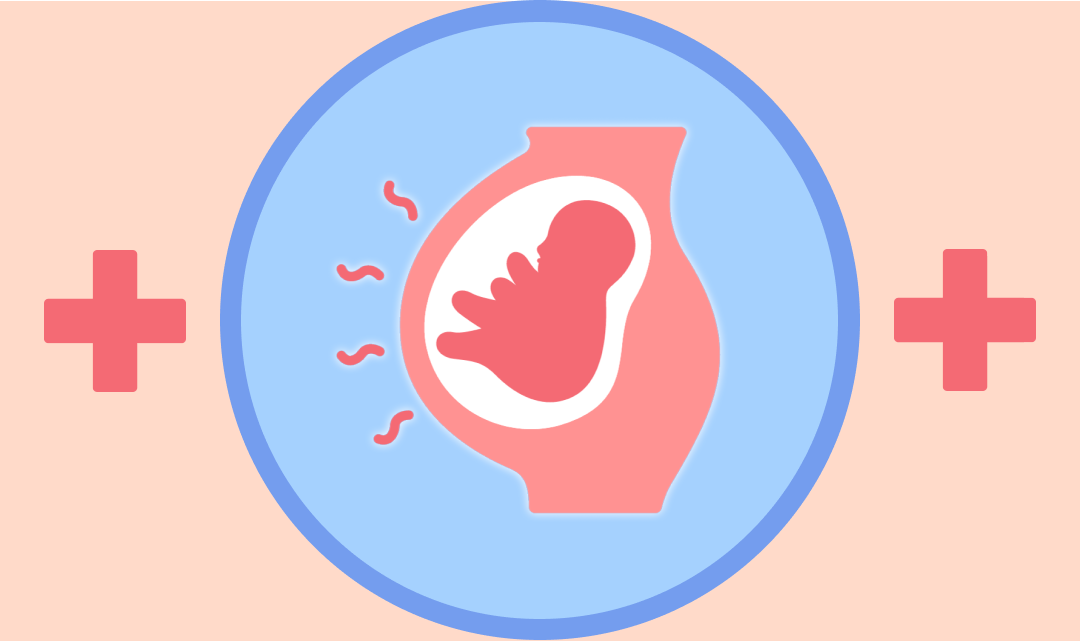Common Questions About Bruxism in Pregnancy

Bruxism, or teeth grinding, is a condition that affects many people, and it can be particularly prevalent during pregnancy. This article will explore some of the most common questions about bruxism in pregnancy, including its causes, symptoms, and potential treatments. Whether you're in your first, second, or third trimester, or even postpartum, understanding bruxism can help you manage this condition effectively.
Table of contents
Can pregnancy cause Bruxism?
Is Bruxism a pregnancy symptom?
What causes Bruxism during pregnancy?
Is Bruxism during pregnancy common?
Is it safe to have Bruxism during pregnancy?
What can help with Bruxism during pregnancy?
Bruxism during pregnancy: when to see a doctor?
Bruxism after childbirth
Can pregnancy cause Bruxism?
Yes, pregnancy can cause bruxism. The hormonal changes that occur during pregnancy can lead to increased stress and anxiety, which are common triggers for teeth grinding. Additionally, the physical discomfort and changes in sleep patterns associated with pregnancy can also contribute to bruxism.
Psst, we have an app dedicated to pregnant moms. Learn more
Is Bruxism a pregnancy symptom?
While bruxism is not a direct symptom of pregnancy, it can be triggered by the physical and emotional changes that occur during this time. Therefore, if you notice that you're grinding your teeth more often during pregnancy, it could be related.
Psst, we have an app dedicated to pregnant moms. Learn more
What causes Bruxism during pregnancy?
Bruxism during pregnancy can be caused by a variety of factors. These include hormonal changes, increased stress and anxiety, physical discomfort, and changes in sleep patterns. In some cases, bruxism may also be related to pregnancy-related conditions like gestational diabetes or preeclampsia.
Psst, we have an app dedicated to pregnant moms. Learn more
Is Bruxism during pregnancy common?
While there isn't a lot of research on the prevalence of bruxism during pregnancy, it's known that stress and anxiety – common during pregnancy – can trigger teeth grinding. Therefore, it's possible that bruxism could be more common during pregnancy than at other times.
Psst, we have an app dedicated to pregnant moms. Learn more
Is it safe to have Bruxism during pregnancy?
Bruxism itself is not harmful to the pregnancy, but it can cause discomfort and dental problems if left untreated. It's important to discuss any symptoms of bruxism with your healthcare provider to ensure appropriate management and treatment.
Psst, we have an app dedicated to pregnant moms. Learn more
What can help with Bruxism during pregnancy?
There are several strategies that can help manage bruxism during pregnancy. These include stress management techniques, such as meditation and yoga, maintaining good sleep hygiene, and using a mouth guard at night to protect your teeth. It's also important to maintain regular dental check-ups during pregnancy.
Psst, we have an app dedicated to pregnant moms. Learn more
Bruxism during pregnancy: when to see a doctor?
If you're experiencing symptoms of bruxism, such as jaw pain, headaches, or worn-down teeth, it's important to see a healthcare provider. They can provide a proper diagnosis and recommend appropriate treatment options.
Psst, we have an app dedicated to pregnant moms. Learn more
Bruxism after childbirth
Some women may continue to experience bruxism after childbirth, particularly if they're dealing with postpartum stress or anxiety. If you're still grinding your teeth after giving birth, it's important to discuss this with your healthcare provider.
Psst, we have an app dedicated to pregnant moms. Learn more
Information sources
1. "Bruxism (teeth grinding) - Symptoms and causes." Mayo Clinic. https://www.mayoclinic.org/diseases-conditions/bruxism/symptoms-causes/syc-20356095.
2. "Pregnancy and Oral Health." American Dental Association. https://www.mouthhealthy.org/en/pregnancy/concerns.
3. "Bruxism." National Health Service. https://www.nhs.uk/conditions/teeth-grinding/.